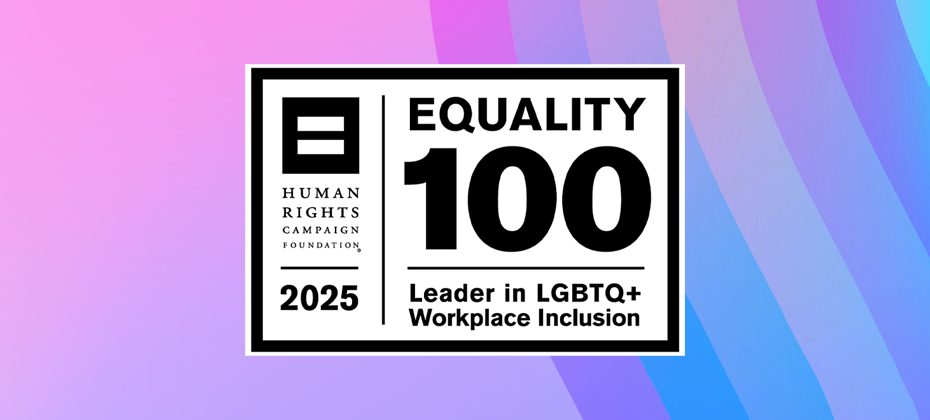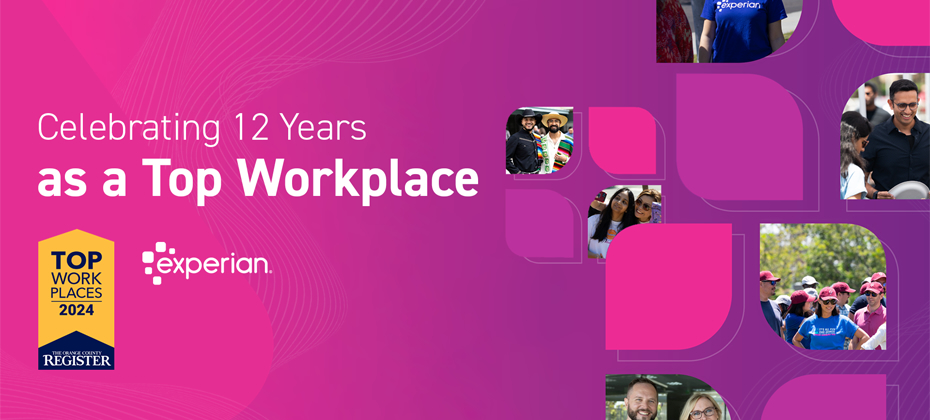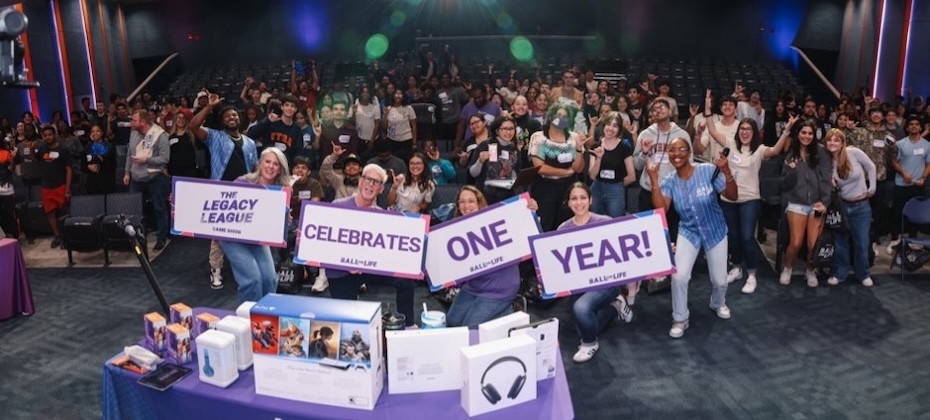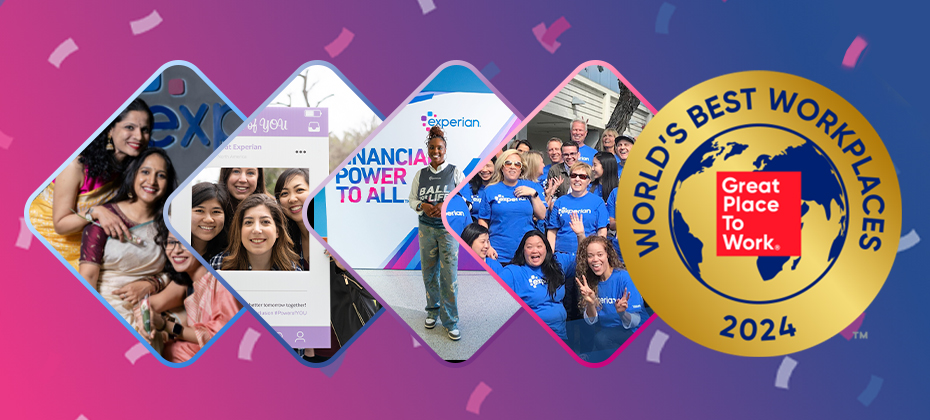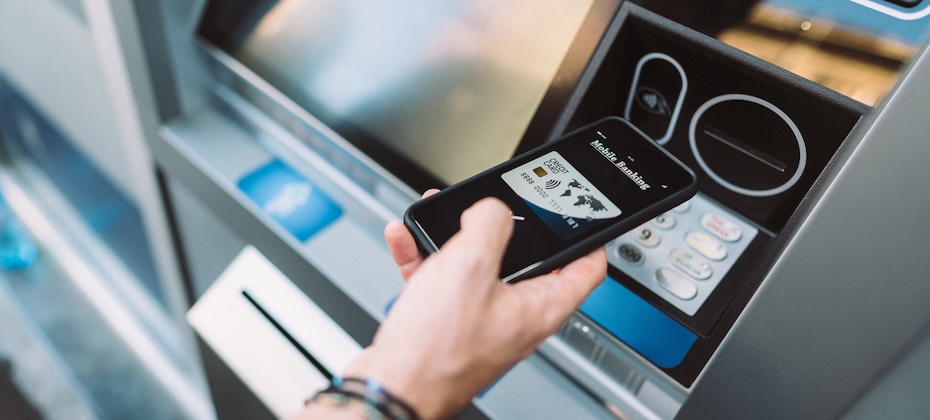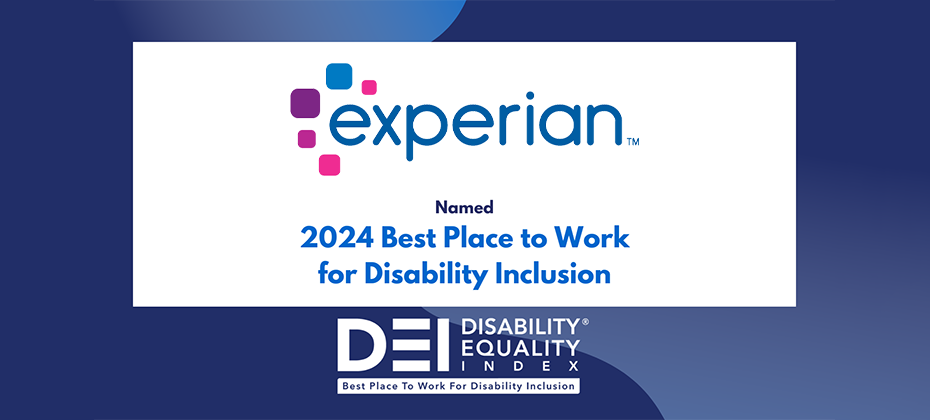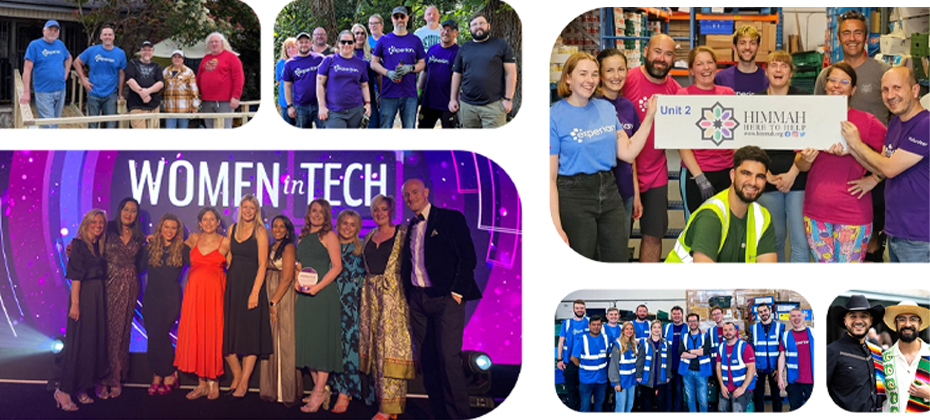At A Glance
At a Glance When an unknown printer took a galley of type and scrambled it to make a type 2ince the 1500s, when an unknown printer took a galley of type and scrambled it to make a type specimen book. It has survived not only five centuries, but also the leap into electronic typesetting, remaining essentially unchanged. It was popularised in the 1960s with the release ince the 1500s, when an unknown printer took a galley of type and scrambled it to make a type specimen book. It has survived not only five centuries, but also the leap into electronic typesetting, remaining essentially unchanged. It was popularised in the 1960s with the releaseince the 1500s, when an unknown printer took a galley of type and scrambled it to make a type specimen book. It has survived not only five centuries, but also the leap into electronic typesetting, remaining essentially unchanged. It was popularised in the 1960s with the releaseince the 1500s, when an unknown printer took a galley of type and scrambled it to make a type specimen book. It has survived not only five centuries, but also the leap into electronic typesetting, remaining essentially unchanged. It was popularised in the 1960s with the releaseince the 1500s, when an unknown printer took a galley of type and scrambled it to make a type specimen book. It has survived not only five centuries, but also the leap into electronic typesetting, remaining essentially unchanged. It was popularised in the 1960s with the release

This blog is written by Matt Dunn, GTM Managing Director at Experian. The Women in Sales Awards recognises the exemplary efforts of individuals in sales teams across Europe. Open by nomination only, the awards celebrate the achievement of women who go above and beyond in their career. It aims to promote the needs for greater gender diversity in sales and executive leadership teams across the corporate landscape. We place significant emphasis on helping and supporting women to reach senior roles, and I’m delighted that seven colleagues – Laura Webster, Kathryn O’Brien, Liz Clarke, Ivelina Mihaleva, Bally Ubhi, Clare Brown and Caroline McCrystal – were nominated as finalists at the awards. Even better, Caroline was named as the overall winner in the ‘2019 Best Woman in Inside Sales’ category. Not only that, Caroline was also the winner of the ‘Most Distinguished Saleswoman of the Year’ award too. In total, there were more than 1,000 nominations from companies in 22 countries, which goes to show what a remarkable and fantastic achievement to be recognised in such a way. We’re extremely proud of all their efforts this year and I’m sure you’ll join me in congratulating all of the nominees and Caroline on their outstanding success.

For many of us, the holidays are an exciting time filled with family, friends and a flurry of gift giving and receiving. Unfortunately, this time of year can also put a strain on finances and your financial health. In fact, we see many people start a new holiday season while they’re still working to pay off debt from the year before. Each year, our holiday spending survey takes a look at how people are feeling about holiday spending, how much they plan to spend and their financial goals for the new year. We found shoppers plan to spend 75% more this year on holiday spending than in 2018 with an average of $1,649, and 63% agree holiday expenses affect their finances negatively. We also found 38% of the people we spoke to are feeling stressed as the holiday season approaches. Getting a spending game plan in order now can help protect your financial health and keep your holidays merry and bright. Here are three ways to stay financially fit this holiday season and beyond: Create your holiday spending plan. Setting a budget is an important first step to ensure you’re not spending more than you can afford, but your holiday spending plan should include more than that. Think about who you need to shop for, where you’re going to shop and when you’re going to shop. Our survey showed the lure of a good deal can be hard for some to resist. In fact, one in five Americans said they would risk becoming a victim of identity theft for a good deal. Having a plan in place can help you avoid risky spending behavior while scrambling for last minute gifts. So, make that list and check it twice. Use credit as a financial tool. All year and especially around the holidays, I like to remind people that credit can be a financial tool, while debt is a financial problem. We know that about 44% of people plan to use credit to pay for gifts, and it’s important to do so responsibly. After all, the bills always arrive in January. If you’re going to use credit to pay for gifts, make sure you have a plan for paying your balances off to avoid missing payments and increasing your utilization rate – two critical factors that can have a negative impact on credit scores. Additionally, we found one in four shoppers plan to open a new credit card this season. Opening one or two cards to take advantage of in-store discounts or cash back offers can be a useful way to save money during the holidays, but don’t overdo it. If you take advantage of too many rewards offers, you may find you’ve saved yourself right into debt. Prepare your credit for holiday shopping and the new year. Getting your credit ready for the holiday season and the new year should be part of your holiday spending plan. That way, if you do plan to apply for new credit this shopping season or in 2020, your credit is ready to work for you. Get a copy of your credit report to ensure there are no surprises and catch up an any missed or late payments. This is also the first holiday season you can use free tools like Experian Boost to improve your credit scores if you’re paying your telecom and utility payments on time. We see scores improve for two out of three users with an average boost of more than 10 points. If you have a limited credit history or a thin credit file, you may see an even bigger boost to your credit score. We know almost have of those we spoke to for our survey will try to improve their credit score before the start of the new decade and Experian Boost is proving to be a valuable tool for consumers looking to do just that. There's often the temptation to overspend, but the best gift you can give yourself is being financially smart. My hope is these tips can help boost your holiday cheer while preparing you for a financially healthy new year. Happy holidays.

Technology revolutionizes the way businesses operate, but implementing change within a company is often challenging and company-wide support is vital to successfully undergoing a transformation. At Experian, we’re using technology and innovation to modernize an industry, and satisfy the real-time data demands of consumers and businesses. The success of this transformation is one of the reasons why we’re proud that our Global CIO, Barry Libenson, has been named the CIO of the Year. The 2019 Dive Awards recognize the industry’s top disruptors and innovators. These executives, companies, trends, and breakthroughs are transforming the industry. Winners were chosen by the editors of CIO Dive based on thorough and independent research, reporting, and analysis. Other award winners include Google Cloud and VMware. In 2015, Experian began the daunting task of moving from a traditional computing architecture to the cloud. Specifically, we put in motion a cloud strategy centered on flexibility and the ability to operate in any cloud. Such transformations often start by centralizing data and implementing new processes that minimize overhead and speed time to market, like cloud and mobile computing. This is a monumental job with our massive digital infrastructure and significant global reach, but it enables us to provide customers with real-time access to data. To do this we pioneered the use of Hadoop to store massive quantities of data for consumer credit scoring. Today, we maintain Ascend, a platform of 250 million redacted consumer records that enables our clients do real time queries on consumer credit data rather than batch processing. This has worked to digitally transform Experian from a traditional credit bureau to a technology and software provider. For us to further evolve we began working on APIs for internal use rather than going straight to customer-facing features. Today, we use APIs to help our clients and consumers access and make use of key data insights. For example, Experian Boost, which has helped millions of people raise their credit scores, is a result of information being accessed through API calls. As a result of our digital transformation, our API hub is processing more than 100 million transactions a month and Ascend is now one of our most successful cloud computing architectures. This all represents business opportunities that wouldn’t have been possible with a traditional digital infrastructure. Success for the technology team at Experian is found in the financial performance of the company. "What I tell my team is the biggest sign of us being successful is praise," said Libenson. "When the businesses at Experian tell us we're helping them or we're doing the right things, that's the best measurement I can think of, in terms of success." As one of the world’s most innovative companies, Experian’s business continues to evolve to deliver faster, better services for our clients and consumers. "The people and organizations that win the Dive Awards are trailblazers and leaders in their markets," said Davide Savenije, editor-in-chief of CIO Dive’s publisher Industry Dive. "Their achievements in 2019 are shaping the future of where the latest strategies and trends are going." While industry accolades like CIO of the Year are important, the truth is that any transformation isn't an endpoint, but a journey. To succeed, we are in it for the long haul to use technology to help deliver results for our clients. Read the full article on CIODive to learn more about Experian’s digital transformation.

We’re delighted to have been named as one of Britain’s ‘Most Admired Companies’ (BMAC) in Management Today’s annual survey, coming 21st in a list of nearly 250 leading firms from a variety of sectors, and taking third place in the ‘Business Support Services’ sector. Our 17,000 colleagues around the world work hard every day to service and power opportunities for our customers and this award is testament to the commitment they bring to our business every day. The hard work doesn’t stop here. We continue to strive for the highest standards across our global organisation, and we remain committed to delivering the very best services that can empower millions of people to stay in control of their finances, and help businesses meet the needs of their customers. For further information on BMAC, the winners and the methodology, please see: https://www.managementtoday.co.uk/bmac
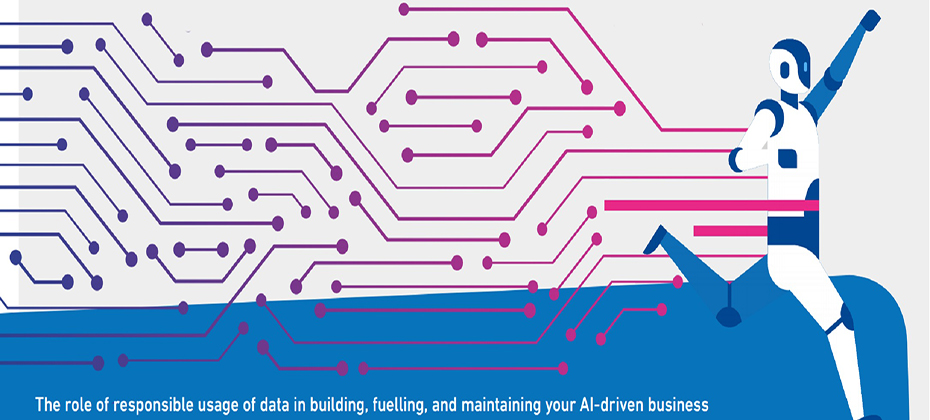
In today's fast-paced markets, businesses of all sizes strive for an edge over competition, especially when it comes to wining over consumers' hearts and minds. Many find that competitive advantage in the way they apply artificial intelligence to improve their customer decision-making for high business performance. Data strategies for high-performance decisioning In today's fast-paced markets, businesses of all sizes strive for an edge over competition, especially when it comes to wining over consumers' hearts and minds. Many find that competitive advantage in the way they apply artificial intelligence to improve their customer decision-making for high business performance.In fact, recent research we commissioned from Forrester Consulting shows that this. The ability to make meaningful decisions that match your customer's context at a given point in time requires a solid understanding of their needs and goals. Having access to relevant data is essential to consistently deliver experiences that matter. Timing and availability of data is equally important to improving your customer-level decision-making; to make those sought-after better, contextual decisions, you need to have the pertinent data available at the right place and time to meet that given consumer's moment of need. For example, in an operational environment, this may translate into accessing the right type, amount and quality of data in real time, so you are able to respond how and when your customer expects. The role of responsible usage of data in building, fuelling, and maintaining your AI-driven business The energy needs of athletes exceed those of the average person. Similarly, in the AI world, data (nutrient) needs for high-performance require consistent markers over a long period of time. Data scientists looking after credit and fraud risk would use the same variables or 'nutrients' that have been traditionally used for conventional scorecard developments to fuel machine learning methods to build predictive models. These are 'proteins' such as application data, any behavioural data your business has on existing customers, credit bureau data, segmentation data, available public information or transaction data. Some trended economic data can be used as input for developing credit risk methods and governance to fit leading financial reporting standards and frameworks (think of IFRS 9 or Basel, for example). Similarly, to assess affordability, you will need to feed your algorithms with disposable income over your customers' lifetime plus data about how they use it. Financial data about customers' savings, and investments allows for more accurate risk management while property related info derived from rental data is useful for extending personalised credit offers. Meanwhile, more and more businesses are using speech and text data obtained through voice recognition to improve the collection process. In fact, recent research we commissioned from Forrester Consulting shows that this 'race for the customer' comes down to who knows them best. The ability to make meaningful decisions that match your customer's context at a given point in time requires a solid understanding of their needs and goals. Having access to relevant data is essential to consistently deliver experiences that matter. Timing and availability of data is equally important to improving your customer-level decision-making; to make those sought-after better, contextual decisions, you need to have the pertinent data available at the right place and time to meet that given consumer's moment of need. For example, in an operational environment, this may translate into accessing the right type, amount and quality of data in real time, so you are able to respond how and when your customer expects. The role of responsible usage of data in building, fuelling, and maintaining your AI-driven business The energy needs of athletes exceed those of the average person. Similarly, in the AI world, data (nutrient) needs for high-performance require consistent markers over a long period of time. Data scientists looking after credit and fraud risk would use the same variables or 'nutrients' that have been traditionally used for conventional scorecard developments to fuel machine learning methods to build predictive models. These are 'proteins' such as application data, any behavioural data your business has on existing customers, credit bureau data, segmentation data, available public information or transaction data. Some trended economic data can be used as input for developing credit risk methods and governance to fit leading financial reporting standards and frameworks (think of IFRS 9 or Basel, for example). Similarly, to assess affordability, you will need to feed your algorithms with disposable income over your customers' lifetime plus data about how they use it. Financial data about customers' savings, and investments allows for more accurate risk management while property related info derived from rental data is useful for extending personalised credit offers. Meanwhile, more and more businesses are using speech and text data obtained through voice recognition to improve the collection process.

To stay ahead of the competition and on the path of sustained growth, you need clear line of sight to both risks and opportunities through the customer lifecycle. Gaining better insights on customers is critical to achieving that, so you can make all the right decisions, big and small, about your customers and business clients. Based on the conversations we have with our clients, we have noticed that most executives are paying a lot of attention to measuring customer experience and reducing friction across digital touch-points through the lifecycle. For customer acquisition, for example, businesses like yours look at time spent on each micro-step (e.g. data field), dropout rates at each of those steps, and do A/B testing at a very granular level. The idea is to understand all points of friction including points of confusion, frustration, etc., so you can learn from those and improve the experience. But this is not an easy task. The various challenges involved are making sense of the vast quantities of data and the immaturity of that data as well as the construct of that data. Given the fast pace at which data analytics change and evolve, our recommendation is that you invest in tools that are data and/or analytics agnostic. Thinking ahead: leveraging data analytics and cloud-based decisioning platforms to design the right customer treatment There is a largely untapped opportunity to leverage data, analytics, optimisation and decision management solutions – such as cloud-based decisioning platforms – to design the right customer treatment and identify the next best action for that customer. Selecting the appropriate timing, medium, and channel for those actions lead to greater consistency and contribute to having more relevant communications with your customers. The more relevant you are, the more precise you are with the offers and the treatments leading to improved response rates, greater connectivity and interaction with the customer. This results in memorable experiences that enhance loyalty and drive profitability.

This blog is written by Lisa Fretwell, Managing Director of Data Services at Experian. It’s no secret that women are hugely under-represented in careers relating to science, technology, engineering and mathematics (STEM). In fact, research suggests that only 13% of the overall UK workforce are women in STEM and, as a consequence, we find ourselves with fewer female role models to inspire confidence and ambition in the next generation. Positive female role models are fundamental if we are to transform some of the preconceptions that girls have about a career in STEM. And part of encouraging new generations into our industry means recognising and celebrating the achievements of those women blazing a trail here and now. That’s why we are delighted to be sponsors of today’s Women in Data (UK) conference for the third successive year. This unique event helps inspire, educate and support women across the data industry. It’s a privilege to be part of the Women in Data community, to get to know more amazing women in our industry and to share their incredible stories. One of the highlights of the event is the annual ’20 Women in Data and Technology’ recognition, celebrating incredible role models who are motivating others to pursue their own career ambitions in the industry. We were particularly thrilled to learn that our very own Louise Maynard-Atem, has been included in this year’s highly prestigious list. Congratulations to Louise on a truly phenomenal and well-deserved achievement. Experian’s goal is to have a workforce that’s as rich in diversity as the people who use our services. That’s one of the many reasons we’re so excited by WiD’s mission. Together we hope to empower and encourage more women into the data industry, supporting the next generation of data scientists who can help shape the future.

Building a credit history takes time. Establishing a credit history early in life can help ensure you have access to affordable credit when you need it. The problem is that people tend to learn about credit and finances through trial and error. This is unfortunate because recovering from financial mistakes takes time, too. In fact, it could take years to rebound from one financial misstep. This trend is especially common for young adults who are just beginning to get their financial feet wet, and it’s one of the many reasons credit education and improving the financial health of consumers of all ages is core to our mission at Experian. As Director of Consumer Education and Advocacy, I get the opportunity to talk to a variety of students and young adults across the country on a regular basis. Millennials and Gen Z are often labeled slackers, but I don’t believe that for an instant. They experienced the financial crisis firsthand in their early years, and they really don’t want to repeat what their parents went through. Can you blame them, really? One thing we know for certain about young adults is they are very interested in learning as much as they can about money, finance and credit, and it’s our goal to be an educational resource to them. As the saying goes, you don’t know what you don’t know. We have a chance to give younger generations the information and tools to know more than previous generations did at their ages. Here are some of my favorite tried and true tips to help set young adults up for credit success: Start small and grow slowly. A secured account with a small credit limit can establish your credit history and help you start saving at the same time. Good credit and strong savings habits go hand-in-hand. You don't need a credit card with a high limit to have good credit. Use the credit you have wisely. Good credit scores are not about having a lot of credit, but rather about how you use the credit you have available. Make a small purchase each month and pay it in full. That will show you can use credit well without taking on debt. Use your cell phone to improve your credit. With Experian Boost, you can add positive telecom and utility payments to your credit history and possibly boost your credit score. In the past, failing to pay your utility or cell phone bills could hurt your credit, but paying on time didn't help. With Experian Boost, that's changed. Use technology to make managing your credit automatic. Millennials and Gen Zers are the most technologically savvy generations in our history. Use technology, such as online banking apps and credit management tools like the Experian app, to automate savings and payments, to alert you to potential fraud and to track your progress as you build your credit history. We know helping people better understand and access credit is a team effort, and we work closely with our advocacy networks to increase our impact. We recently joined the American Bankers Association to provide young adults with financial education. Leading up to Get Smart About Credit Day, we hosted a Facebook Live with Jeni Pastier, Director of Financial Education Programs for the American Bankers Association to address credit topics young adults typically don’t understand or know about at all. You can watch the full video here and find additional articles to get smarter about credit on the Ask Experian blog.

I recently had the opportunity to discuss the current state of #data collection, analytics, and AI in an interview with @CIODive. As technology advances, businesses can collect and analyse more data than ever before. However, most of that information ends up languishing, seldom being used or even catalogued. Recent research suggests that partly, this happens because businesses are unaware of what data they store or don't know how to get actionable insights out of it. This lack of visibility into data stores affects organisations' readiness to apply artificial intelligence (AI) and machine learning (ML): advanced analytics require data to be properly managed and organised. At Experian, we believe in taking an outcome-focused approach to analytics and AI as we look at activating the power of our data AI outcomes. We work backwards, from high-impact client and consumer outcomes, and bringing to bear the analytics, AI and data to achieve them. This way, we can assess more accurately what effort across data collection and analytics is required to achieve an outcome. Executed effectively this can avoid an enormous amount of investment in people, time, data. If you're interested in this topic, I'd recommend you to read the article in full: http://bit.ly/AImlShri_CIODive

I was born and raised in Germany and had the privilege of moving to the U.S. for my undergraduate degree. When I started school, my parents made a deal with me that they would pay one-third of my tuition. I got a job at the campus library to pay another third but still was short by a third. To cover the gap, I decided to try my luck as an entrepreneur. Specifically, the dollar was very strong due to which it seemed feasible to buy a German luxury car in my native Germany, refurbish it to U.S. specs, drive it for a little while and still turn a healthy profit. In order to purchase my first car, I needed a loan. However, like most new immigrants, I was credit invisible. Meaning, the credit history I had in Germany did not come with me to the U.S. Because of this, I was forced to rely on alternative lending as traditional lenders did not have enough information to assess if I was a good credit risk. With no other options, I turned to an alternative lender and secured a high interest loan. Thankfully, I was able to maintain my payments and paid off the loan in fifteen months, that is, when I sold the car. At this time, obtaining credit from an alternative lender was not factored into a traditional credit history. This meant that even though I repaid the loan responsibly, it did not help build my U.S. credit file or my credit score when I was ready to do it all again. This experience is what fuels my passion to maintain Experian’s position as the leader in alternative credit data and improve consumer financial health. We know that a consumer’s traditional lending history for things like credit cards, personal loans, auto loans, and mortgages are a proven method to assess creditworthiness, but sometimes there isn't enough data to score all consumers. Many consumers who are excluded from the traditional credit ecosystem are in fact creditworthy, but due to an international move, divorce or simply a lack of experience with credit, they’re unscorable and or invisible to lenders. Whether you’re new to the country or just getting your financial feet wet, starting to build your credit history can be difficult. If we indeed can play a role in helping consumers live the American dream, I believe it’s our responsibility to do that. The good news is the lending market is in a pivotal state of change and I believe it’s for the better. At Experian, we can now use the responsible payments consumers make to alternative lenders as well as their rental payments, professional licensures, utility and cell phone payments, and, of course, their traditional credit history to help consumers gain access to the financial services they need. We recently announced Experian Lift™ – a new suite of credit score products that combines exclusive traditional credit, alternative credit and trended data assets to create a more holistic picture of consumer creditworthiness. We believe Experian Lift may improve access to credit for more than 40 million credit invisibles. It’s another step in our commitment to helping improve the financial health of consumers everywhere. As you may know, earlier this year, Experian launched Experian Boost – a free and first-of-its-kind financial tool that empowers consumers to add positive telecom and utility payment history directly into their Experian credit file for an opportunity to instantly increase their FICO Score. Through Experian Boost, we’re empowering consumers to play an active role in building their credit histories. And, with Experian Lift, we’re empowering lenders to identify consumers who may otherwise be excluded from the traditional credit ecosystem. Thin file or subprime consumers have typically been viewed as a fringe and stigmatized segment of society. I can speak from personal experience and say this is not the case. With more than 100 million consumers lacking access to fair and affordable credit, we know this is mainstream America and we need to continue to provide solutions. As the consumer’s bureau, our goal is to help consumers and maintain access to credit. We’re proud of our latest innovations and will continue to identify new means to help consumers gain access to the financial services they need.

We are delighted to have been placed on the inaugural Financial Times’ 2020 Diversity Leaders list, released today and accessible here. The organisers spoke to more than 80,000 employees across Europe to build the list, asking employees to rate their own employers as well as other firms around multiple categorise, taking into consideration areas including age, gender, ethnicity, disability, LGBTQ+ and overall diversity of ideas and backgrounds across the company. Over the last few years we’ve worked hard to focus on inclusion and diversity across our global business. We believe that embracing a truly inclusive culture, one where everyone has a real sense of belonging, is critical to building a diverse workforce and fostering innovation. Ultimately, it’s our ambition for our business to become as diverse as the people we serve around the world. We’re dedicated to encouraging diversity at every level within Experian. That means building our culture, our ways of working and our approach in a way that offers equality of opportunity. Supporting our employees from the moment they join our organisation, at every level. Letting people work flexibly, in the way that suits them and opens the door to new opportunities. One of the five key tenets of The Experian Way is “Value Each Other”. That means that each one of us is responsible for making this a great place to work. We treat each other with respect, trust and integrity. We support and invest in each other to help everyone achieve their potential and aspirations. We promote a culture of inclusivity and value diversity of all kinds, including thinking, knowledge and experience. Our goal is to embrace and celebrate the diversity of ideas and backgrounds across the company. This diversity of thinking, and the way we harness it at Experian, helps to fuel our innovation and ultimately our ongoing success as a business. Like many companies, we have more to do to be as inclusive as we would like to be. But we are proud of the work we’ve done to date, and we are delighted by the recognition given to us today.

Today, I’m pleased to share another strong set of Half Year results for our FY20 fiscal year. We have achieved 7% organic revenue growth, with total H1 growth of 8% when you include acquisitions. The performance reflects the continued success of our core business new product introductions, as well as rollout of our innovation agenda and the investments we have made in globally scalable products. At Experian we are helping our clients get better at acquiring, onboarding and managing their customers’ needs in the digital world. To do this, they are increasingly relying on data, combined with sophisticated analytics and decisioning capabilities, areas in which we excel. In addition, to helping businesses, we are continuing to expand our direct relationships with consumers. Over 70 million people across our three major markets now benefit from free Experian memberships, accessing information and tools to enable them to take control of their finances. A great example of this is Experian Boost in North America, where we enable consumers to voluntarily add payment histories for things like their mobile phone and utility bills to their credit profile. It’s been a successful year to date, but there is plenty more to come. With a continued focus on people, technology and innovation, we are revolutionising the way our industry operates – using the power of data, software and analytics to improve outcomes for everyone. To find out more, click here.
